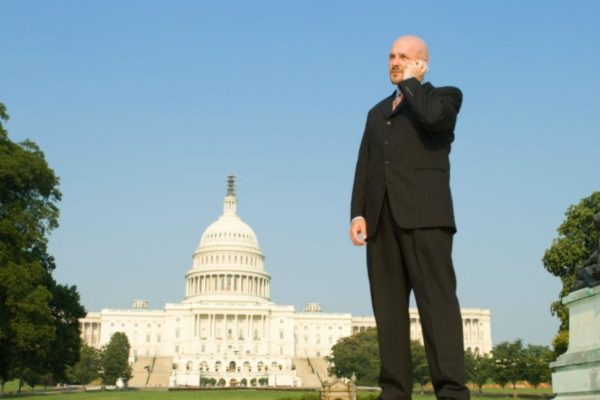During the recent holiday, I hosted a small group of family members, and a constant motif within our conversations was technology. One relative complained bitterly about her cable service not offering Comedy Central, and another had just gotten her first smartphone four months earlier and was concerned about data plan costs. Another professed digital illiteracy and felt bypassed.
Internet-based services, or more broadly, cloud-based applications and systems, are proliferating, and their efficiencies and pleasures are now embedded into much of what we do. Our creative, playful and productive efforts depend on a largely invisible infrastructure.
Since 1934 the Federal Communications Commission has determined much of the shape of that infrastructure, supposedly guided by language mandating that media companies serve “the public interest.” Now, the imminent decision to end net neutrality promises to create even more distress for my family, and probably yours as well. The idea of public interest appears to be corporate interest.
We don’t think about things like phone and cable lines much until they are broken. When something is invisible, we take it for granted. But that does not mean such things are not changing.
When it comes to communication services, we notice price increases and perhaps service gaps, but the big picture is elusive. One element in that picture is corporate concentration, and another is the flattening of “public interest” into anything that appears to help larger businesses.
When net neutrality was adopted in 2015, the decision came in response to increased consolidation among companies providing basic internet services, particularly the so-called last mile providers — the phone and cable companies such as Comcast and AT&T.
They decide the price for your internet service connection and the conditions under which services such as Netflix, your email and Facebook reach you. They control the cables, copper and fiber lines and the airwaves (such as mobile phone services) used to reach all of us.
When internet services were young in the 1990s, providers were numerous, and the rapid arrival of new applications was astounding. But today, there are few choices when it comes to what each company will provide. Second, Google, Amazon and Facebook are so big and so dominant that they may have the ability to negotiate preferred service from the network providers.
Without any regulatory guidelines such as net neutrality, one scenario may be a “bundle” from your local ISP offering you just those services at a discount rate — a prepackaged internet with just your favorite services and nothing else. That leaves out new services, smaller competitors and a raft of internet-based applications you may never see.
When FCC Commissioner Ajit Pai says he wants the FCC out of regulating the internet, and that companies should simply be transparent about their services so we know what we are purchasing, he discounts the fact that we lack connection choices. Undoing net neutrality means that companies can curtail speeds, assess new prices on services, or even deny content services the opportunity to reach you.
Allowing the marketplace to decide who wins and loses sounds great, but it only works when there is a vibrant marketplace. The reason certain companies don’t carry Comedy Central has everything to do with how they leverage the best deal. The reason data plans are unaffordable has at least something to do with limited competition. And the reason people are uncomfortable with technology’s impact on jobs has to do with poor leadership: We need public as well as corporate policy that positions technology to help workers rather than deskill or eliminate their jobs.
Our media and information companies are on a quest for profit, which is fine unless it impairs access to important information services. Net neutrality recognizes how essential the internet is in our lives. The internet without net neutrality flattens us into little more than consumers.
The FCC’s actions to eliminate protections will eviscerate any claim for a right to be informed and a right to create. Many of our social and economic institutions now incorporate and assume internet access. It is time to acknowledge the infrastructures must be there to guarantee our equitable use of the internet. Net neutrality was a step in the right direction. The FCC would be wrong to stop it.
Sharon Strover is the Philip G. Warner Regents Professor in Communication and director of the Technology and Information Policy Institute in the Moody College of Communication at The University of Texas at Austin.
A version of this op-ed appeared in the Houston Chronicle, Corpus Christi Caller Times, San Antonio Express News, Austin American Statesman and the McAllen Monitor.
To view more op-eds from Texas Perspectives, click here.
Like us on Facebook.




